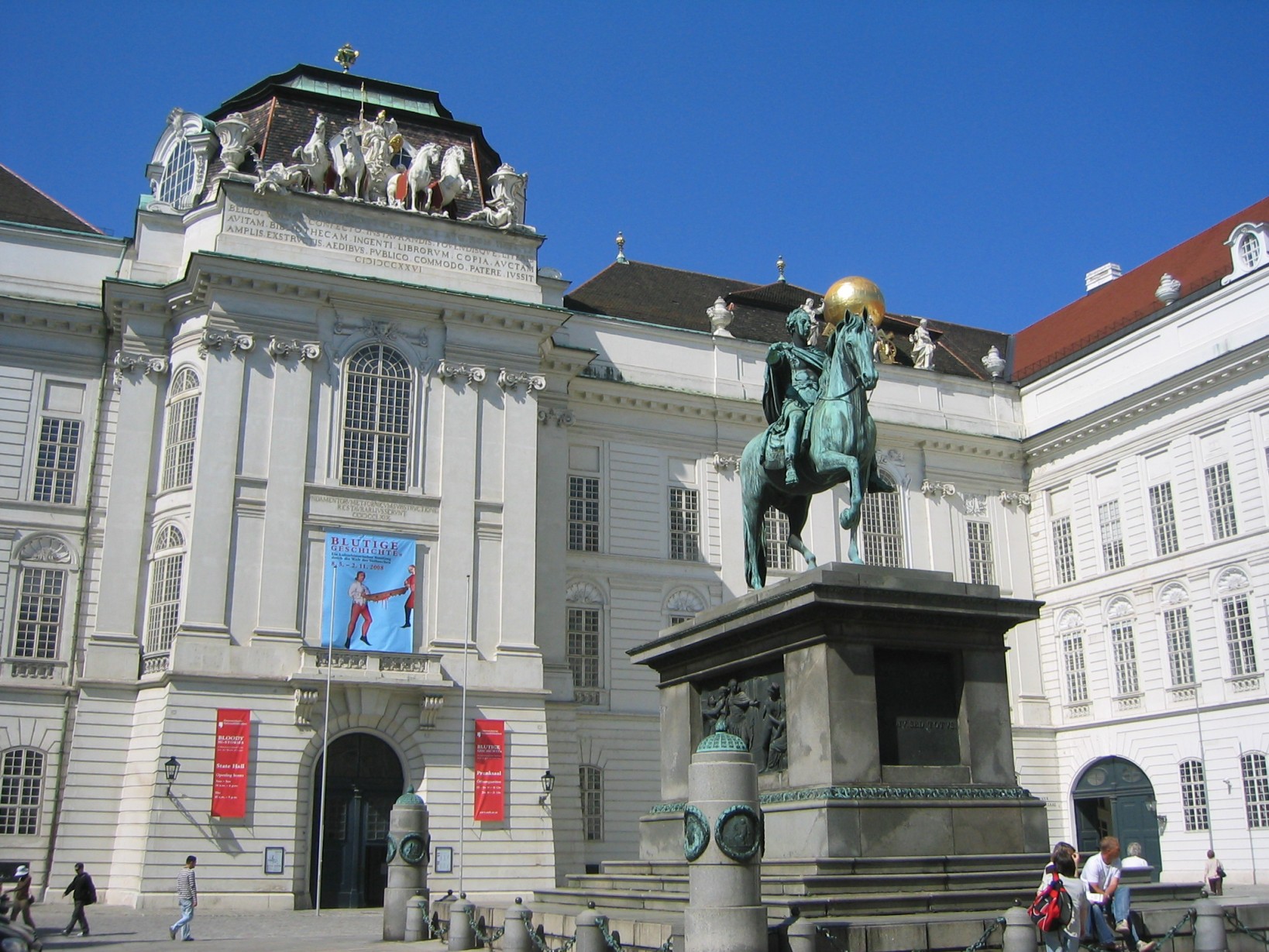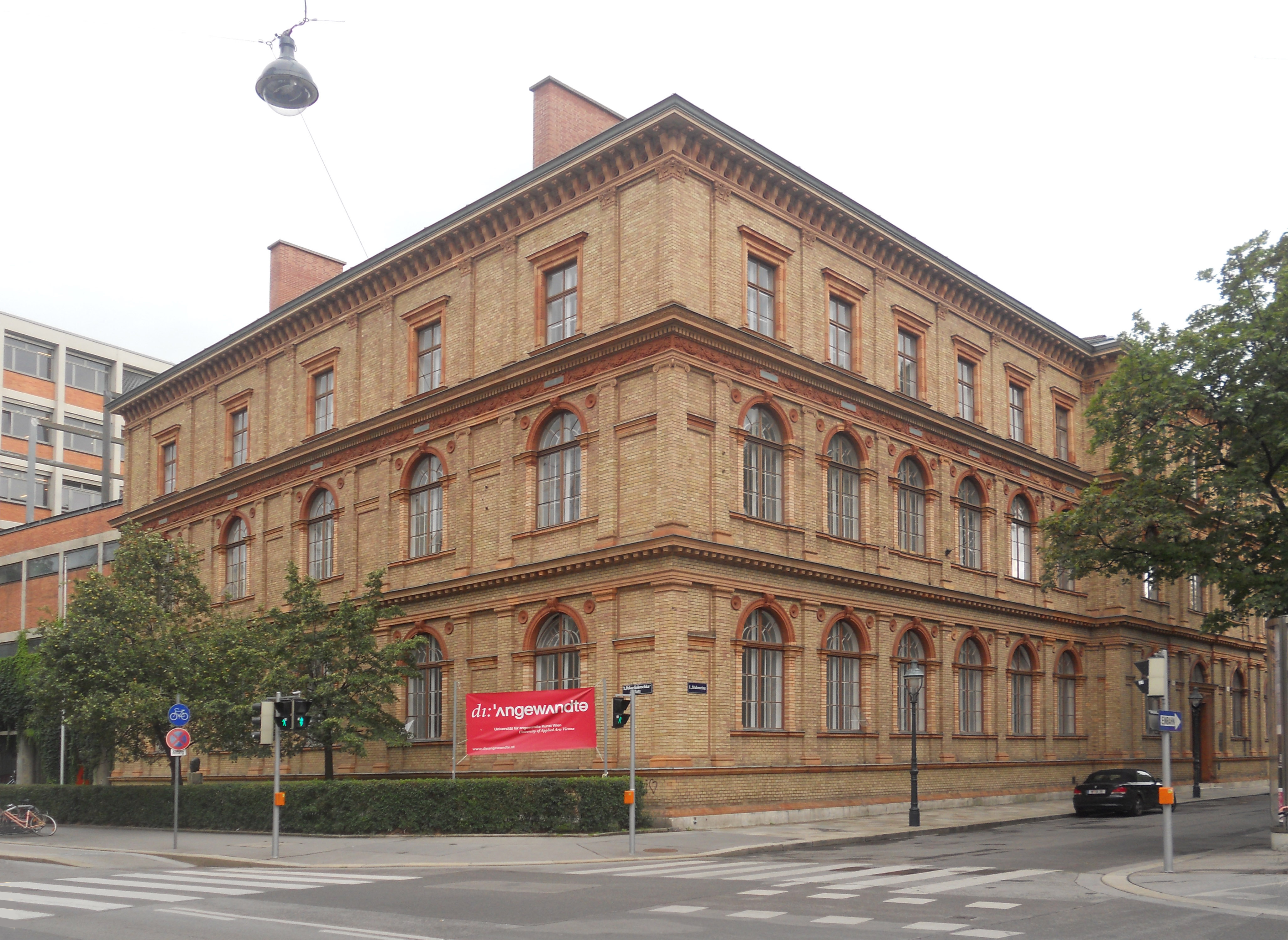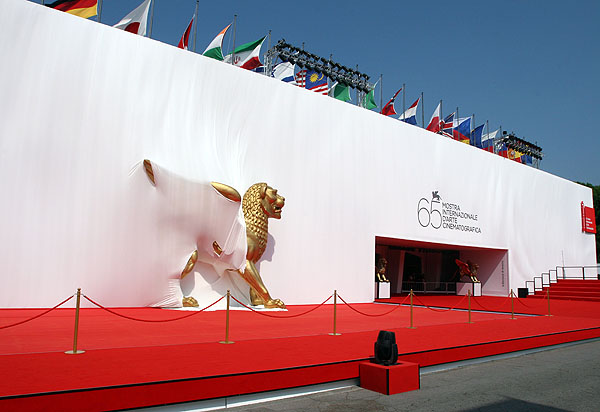|
Erich Lessing
Erich Lessing (13 July 1923 – 29 August 2018) was an Austrian photographer. Lessing became a full member of Magnum Photos in 1955 and was a contributor since 1979. His portraits of poets, musicians, physicists and astronomers were published in around 60 books. Career Lessing was born in Vienna into a Jewish family, the son of a dentist and a concert pianist. Before completing high school he was forced to leave Austria in 1939 because of Hitler's rise to power. He immigrated to the British Mandate for Palestine (now Israel). His mother remained in Vienna and later was murdered at Auschwitz. While in Israel Lessing studied radio engineering at the Technion and then worked agricultural jobs on kibbutzim. He then joined the British Army as a photographer and aviator. After World War II, Lessing returned to Austria in 1947 and joined the Associated Press. David Seymour invited Lessing to join Magnum Photos in 1951 and Lessing became a full member in 1955. His photographs were publ ... [...More Info...] [...Related Items...] OR: [Wikipedia] [Google] [Baidu] |
Photo District News
''Photo District News'' (or ''PDN'') was an American monthly trade publication for professional photographers. ''PDN'' was first published in 1980. The publication took its name from New York City's photo district, an area of photo businesses that was once located in Flatiron District. Its closure was announced on 28 January 2020. ''Time'' has described PDN's annual list of "30 New and Emerging Photographers" as "the go-to outlet to discover up-and-coming photographers, determined on the basis of creativity, versatility and distinctive vision", and as "a career turning point" for those included on the list.How PDN’s 30 Influenced Photographers Over the Years by Ye Ming, at ''Time''; 5 June 2015; Retrieved 21 June 2015 History Originally named '' ...[...More Info...] [...Related Items...] OR: [Wikipedia] [Google] [Baidu] |
Paris Match
''Paris Match'' () is a French-language weekly news magazine. It covers major national and international news along with celebrity lifestyle features. History and profile A sports news magazine, ''Match l'intran'' (a play on ''L'Intransigeant''), was launched on 9 November 1926 by Léon Bailby. It was acquired by the Louis-Dreyfus group in 1931 and then by the industrialist Jean Prouvost in 1938. Under Prouvost the magazine expanded its focus beyond sports, to a format reminiscent of ''Life'': ''Le Match de la vie'' ("The Match of Life") and then ''Match, l'hebdomadaire de l'actualité mondiale'' ("Match, the weekly of world news"). Following the outbreak of World War II it became ''Match de la guerre'' ("Match of War") in October 1939. Selling for 2 francs a copy, it reached a circulation of 1.45 million by November. Publication was halted on 6 June 1940, during the Battle of France. The magazine was relaunched in 1949 with a new name, ''Paris Match''. The magazine temporar ... [...More Info...] [...Related Items...] OR: [Wikipedia] [Google] [Baidu] |
Verlag Herder
Verlag Herder is a publishing company started by the Herders, a German family. The company focuses primarily on Catholic topics of ecclesiology, Christian mysticism, women's studies, and the development of younger Catholic theologians. History Bartholomäus Herder In 1801 Bartholomäus Herder founded the publishing firm in Meersburg. Among the first publications, which were mainly of a theological and pedagogic character, were Wessenberg's "Archiv für pastorale Conferenzen in den Landkapiteln des Bisthums Constanz" (1802–27). In 1810 the business moved to Freiburg im Breisgau, where, in connection with the university, a more comprehensive character was given to the publications and helped in developing new directions. One of the most important publications was Karl von Rotteck's "Allgemeine Geschichte vom Anfang der historischen Kenntniss bis auf unsere Zeiten" (9 volumes, 1812–27; the 15th edition being issued by another firm), which for more than a generation was "the gos ... [...More Info...] [...Related Items...] OR: [Wikipedia] [Google] [Baidu] |
Kurier
''Kurier'' is a German-language daily newspaper based in Vienna, Austria. History and profile ''Kurier'' was founded as ''Wiener Kurier'' by the United States Forces in Austria (USFA) in 1945, during the Allied occupation after World War II. In 1954 the paper was acquired and re-established by Ludwig Polsterer as ''Neuer Kurier'' (New Kurier). Funke Mediengruppe holds 49% of the paper. The company also partly owns ''Kronen Zeitung''. The publisher of ''Kurier'' is Kurier-Zeitungsverlag und Druckerei GmbH. ''Kurier'' is based in Vienna en, Viennese , iso_code = AT-9 , registration_plate = W , postal_code_type = Postal code , postal_code = , timezone = CET , utc_offset = +1 , timezone_DST .... Circulation ''Kurier'' was the eighteenth largest newspaper worldwide with a circulation of 443,000 copies in the late 1980s. It was the third best-selling Austrian newspaper in 1993 with a circ ... [...More Info...] [...Related Items...] OR: [Wikipedia] [Google] [Baidu] |
Austrian National Library
The Austrian National Library (german: Österreichische Nationalbibliothek) is the largest library in Austria, with more than 12 million items in its various collections. The library is located in the Neue Burg Wing of the Hofburg in center of Vienna. Since 2005, some of the collections have been relocated within the Baroque structure of the Palais Mollard-Clary. Founded by the Habsburgs, the library was originally called the Imperial Court Library (german: Kaiserliche Hofbibliothek); the change to the current name occurred in 1920, following the end of the Habsburg Monarchy and the proclamation of the Austrian Republic. The library complex includes four museums, as well as multiple special collections and archives. Middle Ages The institution has its origin in the imperial library of the Middle Ages. During the Medieval period, the Austrian Duke Albert III (1349–1395) moved the books of the Viennese vaults into a library. Albert also arranged for important works from La ... [...More Info...] [...Related Items...] OR: [Wikipedia] [Google] [Baidu] |
University Of Applied Arts Vienna
The University of Applied Arts Vienna (german: Universität für angewandte Kunst Wien, or informally just ''Die Angewandte'') is an arts university and institution of higher education in Vienna, the capital of Austria. It has had university status since 1970. History The predecessor of the ''Angewandte'' was founded in 1863 as the ''k. k. Kunstgewerbeschule'' (Vienna School of Arts and Crafts), following the example of the South Kensington Museum in London, now the Victoria & Albert Museum, to set up a place of advanced education for designers and craftsmen with the Arts and Crafts School in Vienna. It was closely associated with the ''Österreichischen Museums für Kunst und Industrie'' (Imperial Royal Austrian Museum of Art and Industry, today known as the MAK). It was the first school of its kind on the continent. In 1941 it became an institution of higher education. 1941-45 it was called "Reichshochschule fuer angewandte Kunst", and in 1948 was taken over by the Austrian ... [...More Info...] [...Related Items...] OR: [Wikipedia] [Google] [Baidu] |
Salzburg Summer Academy
Salzburg (, ; literally "Salt-Castle"; bar, Soizbuag, label=Austro-Bavarian) is the fourth-largest city in Austria. In 2020, it had a population of 156,872. The town is on the site of the Roman settlement of ''Iuvavum''. Salzburg was founded as an episcopal see in 696 and became a seat of the archbishop in 798. Its main sources of income were salt extraction, trade, and gold mining. The fortress of Hohensalzburg, one of the largest medieval fortresses in Europe, dates from the 11th century. In the 17th century, Salzburg became a center of the Counter-Reformation, with monasteries and numerous Baroque churches built. Salzburg's historic center (German: ''Altstadt'') is renowned for its Baroque architecture and is one of the best-preserved city centers north of the Alps. The historic center was enlisted as a UNESCO World Heritage Site in 1996. The city has three universities and a large population of students. Tourists also visit Salzburg to tour the historic center and the sc ... [...More Info...] [...Related Items...] OR: [Wikipedia] [Google] [Baidu] |
Venice Biennale
The Venice Biennale (; it, La Biennale di Venezia) is an international cultural exhibition hosted annually in Venice, Italy by the Biennale Foundation. The biennale has been organised every year since 1895, which makes it the oldest of its kind. The main exhibition held in Castello, in the halls of the Arsenale and Biennale Gardens, alternates between art and architecture (hence the name ''biennale''; ''biennial''). The other events hosted by the Foundationspanning theatre, music, and danceare held annually in various parts of Venice, whereas the Venice Film Festival takes place at the Lido. Organization Art Biennale The Art Biennale (La Biennale d'Arte di Venezia), is one of the largest and most important contemporary visual art exhibitions in the world. So-called because it is held biannually (in odd-numbered years), it is the original biennale on which others in the world have been modeled. The exhibition space spans over 7,000 square meters, and artists from ov ... [...More Info...] [...Related Items...] OR: [Wikipedia] [Google] [Baidu] |
France
France (), officially the French Republic ( ), is a country primarily located in Western Europe. It also comprises of Overseas France, overseas regions and territories in the Americas and the Atlantic Ocean, Atlantic, Pacific Ocean, Pacific and Indian Oceans. Its Metropolitan France, metropolitan area extends from the Rhine to the Atlantic Ocean and from the Mediterranean Sea to the English Channel and the North Sea; overseas territories include French Guiana in South America, Saint Pierre and Miquelon in the North Atlantic, the French West Indies, and many islands in Oceania and the Indian Ocean. Due to its several coastal territories, France has the largest exclusive economic zone in the world. France borders Belgium, Luxembourg, Germany, Switzerland, Monaco, Italy, Andorra, and Spain in continental Europe, as well as the Kingdom of the Netherlands, Netherlands, Suriname, and Brazil in the Americas via its overseas territories in French Guiana and Saint Martin (island), ... [...More Info...] [...Related Items...] OR: [Wikipedia] [Google] [Baidu] |
Arles
Arles (, , ; oc, label= Provençal, Arle ; Classical la, Arelate) is a coastal city and commune in the South of France, a subprefecture in the Bouches-du-Rhône department of the Provence-Alpes-Côte d'Azur region, in the former province of Provence. A large part of the Camargue, the largest wetlands in France, is located on the territory of the commune, making it the largest commune in Metropolitan France in terms of geographic territory. (Maripasoula, French Guiana, is much larger than Arles). The city has a long history, and was of considerable importance in the Roman province of Gallia Narbonensis. The Roman and Romanesque Monuments of Arles were listed as UNESCO World Heritage Sites in 1981 for their testimony to the history of the region. Many artists have lived and worked in this area because of the southern light, including Pablo Picasso, Paul Gauguin, Jacques Réattu, and Peter Brown. The Dutch post-Impressionist painter Vincent van Gogh lived in Arles from 1888 ... [...More Info...] [...Related Items...] OR: [Wikipedia] [Google] [Baidu] |
Communist
Communism (from Latin la, communis, lit=common, universal, label=none) is a far-left sociopolitical, philosophical, and economic ideology and current within the socialist movement whose goal is the establishment of a communist society, a socioeconomic order centered around common ownership of the means of production, distribution, and exchange which allocates products to everyone in the society.: "One widespread distinction was that socialism socialised production only while communism socialised production and consumption." Communist society also involves the absence of private property, social classes, money, and the state. Communists often seek a voluntary state of self-governance, but disagree on the means to this end. This reflects a distinction between a more libertarian approach of communization, revolutionary spontaneity, and workers' self-management, and a more vanguardist or communist party-driven approach through the development of a constitutional socialist state ... [...More Info...] [...Related Items...] OR: [Wikipedia] [Google] [Baidu] |



